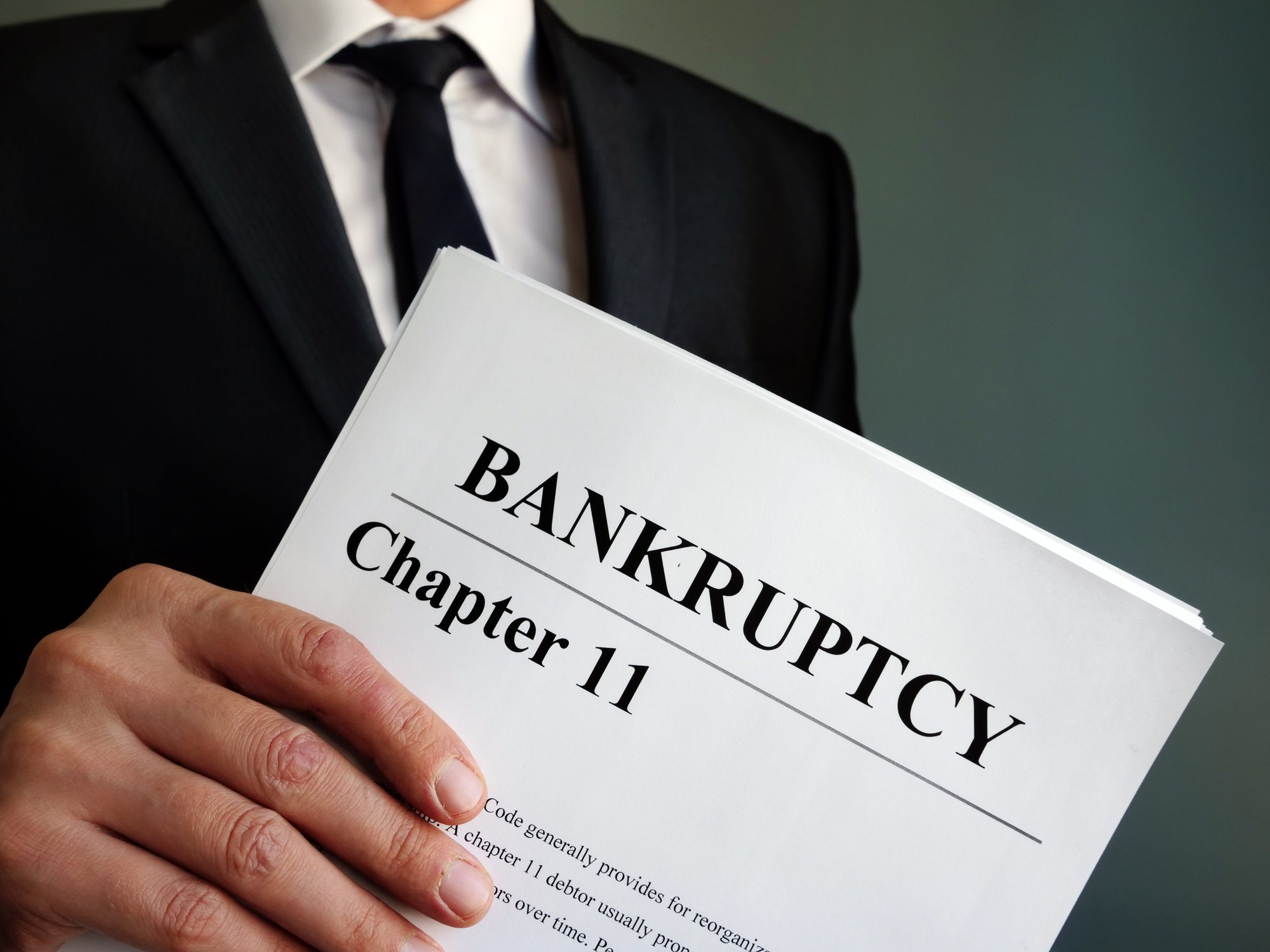Chesapeake Energy (CHK +0.00%) has come a long way over the past few years. The oil and gas producer has completed several transactions to strengthen its balance sheet while enhancing its growth prospects. As a result, the energy company is inching closer to its ultimate target of being able to deliver sustainable growth.
All these moves, however, have come at a high cost for the company's investors. That's because it has had to issue a significant number of new shares to bolster its financial profile and growth prospects. This dilution has weighed on the stock and could keep the company from realizing its full potential.

Image source: Getty Images.
Handing over another slice of the company
Chesapeake Energy's outstanding share count as of the end of the second quarter was 80% higher than it was at the same point last year. That's due in large part to its cash-and-stock deal to acquire WildHorse Resource Development, which it made to bolster its balance sheet and oil growth prospects. All those newly issued shares, however, have weighed on the company's stock price, which has plunged 64% over that timeframe.
The company's share count, meanwhile, will continue to rise. That's because it recently agreed to a swap 250.7 million of its shares for some debt and preferred stock held by a large investor. That deal will dilute existing investors by another 15.3% based on the 1.63 billion shares it had outstanding at the end of July.
Weighing the pros and cons
On one hand, that exchange makes a lot of sense. The company was able to eliminate $40 million in convertible preferred equity and $548 million of its senior notes. That will help reduce its annual interest expenses by $35 million, getting it another step closer to being cash flow neutral. Meanwhile, the nearly $550 million debt reduction will help get its total below $10 billion. The deal also helps address some concerns with near-term debt maturities since the company eliminated $242 million in debt that would have come due in the 2022 to 2023 timeframe. Because of that, Chesapeake now only has about $1.1 billion of debt coming due between now and 2024, outside of its credit facilities. That buys it more time to address its remaining balance sheet concerns.
Analysts cheered the exchange. SunTrust, for example, called it a "good faith move" as it signaled to investors that the company has opportunities to strategically reduce its debt other than asset sales. Imperial Capital also liked the swap. It noted that this transaction is one of the few tools available in the current environment, which is challenging due to volatile commodity prices and limited access to capital markets.
However, as mentioned, the company diluted its existing investors by 15%. In exchange, it only reduced its total debt by about 5%. That still leaves it with a long way to go, given that its leverage ratio is currently about twice its target.
Chesapeake's rapidly increasing outstanding share count puts it at an even greater disadvantage to its rivals. That's because many are actively working to reduce their pool of available stock. Devon Energy (DVN +5.55%), for example, has used a combination of asset sales and free cash flow to repurchase $4.4 billion of its stock. That has reduced its outstanding share count by 24%. Devon expects to buy back another $600 million in shares by year-end, which could reduce its total by 30% from the peak. Devon's needle-moving buyback should help boost its share price in the coming years. Chesapeake's steady dilution, on the other hand, will likely continue weighing on its stock price.
Falling further behind
Chesapeake Energy continues to slowly shore up its balance sheet. However, it is paying a high price to do so given the number of new shares it's issuing, which is diluting existing investors. That's adding more weight to the company's stock price at a time when many rivals are actively working to reduce their outstanding shares. That will make it harder for Chesapeake to outperform its peers in the coming years, especially if it keeps issuing more stock.







